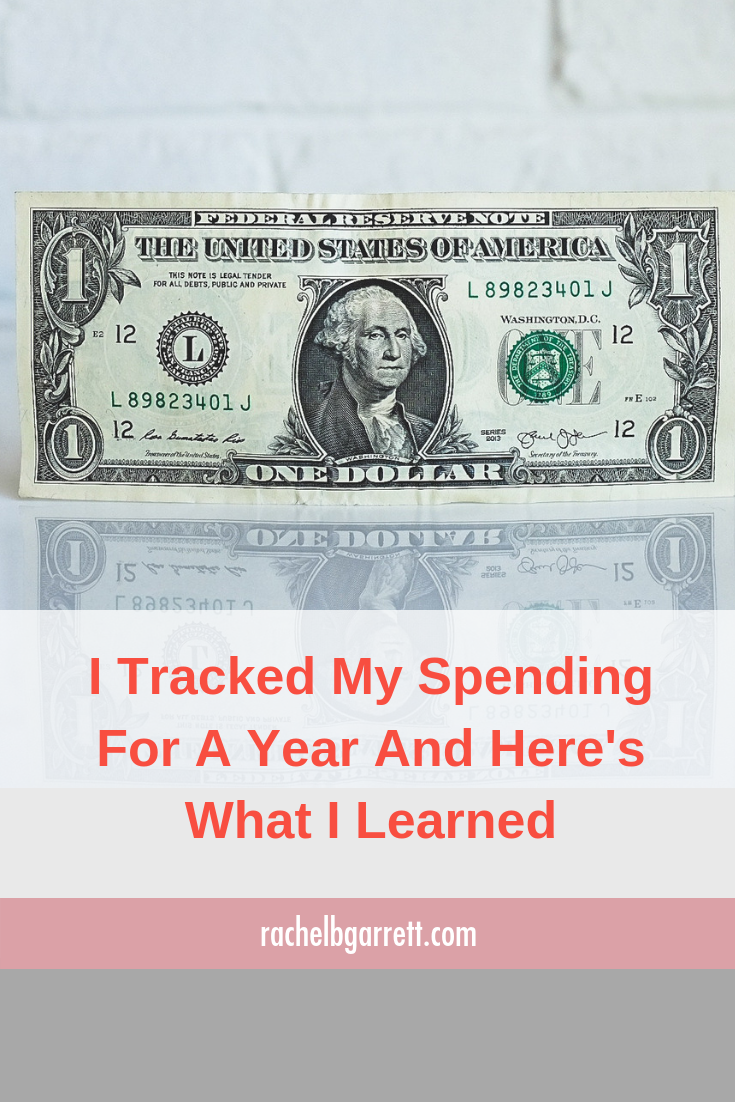This July marked one year since I've been tracking my family's income and spending through an online tool that I adore – You Need A Budget or YNAB to aficionados, like me. Go ahead and congratulate me--it's my YNAB-iversary! For those of you who are unfamiliar with YNAB, it's a tool that you can use to forecast how you will spend and save all of your money and then reconcile your actual spending against your plan.
To me, this anniversary represents the end of many lifelong destructive habits:
Excessive spending, light years beyond my means.
Retail therapy to make up for dissatisfaction in other areas of my life.
Fully handing over the reigns of my finances to someone (my husband) who would just "take care of it."
Avoiding online accounts and paper statements for fear of what they would reveal.
Arguments with my husband about what "we could afford" when neither of us were grounded in the data.
Reacting to large annual bills as if they were a crisis and not something we knew happened every year.
I knew I would never be able to run a successful company with this approach to personal finance—and I meant business when it came to my business.
Time to transform my financial life.
While I was still in the clouds about our personal finances, I was kicking ass with my business finances. All expense, projection and invoice i's dotted and t's crossed. That was the evidence my husband and I needed to agree that I would take over control of our finances COMPLETELY – paying bills, projecting earnings against expenses, becoming the point of contact for our accountant and our financial advisor and most importantly for us—budgeting and reconciling our budget against actuals with YNAB.
I'm not going to lie--getting started was a daunting task. I quickly realized I couldn't do it alone, so I hired a Money Coach/YNAB expert to get us up and running. Within three months we exploded passed the learning curve and into a place of financial control. We're still at the beginning of our journey paying off our IBAR -- Invoices For Blessings Already Received (a.k.a. debt—thanks for the new lingo Kate Northrup!) and investing at the level we want to be—but we're no longer operating out of a stressful, needless crisis-mode. We know what we have. We know what we need. We know what we want AND we know what we need to bring in and spend in order to have what we want. What a difference a year can make!
If you've talked to me for more than 15 minutes in the past year, I've probably already talked your ear off about the impact this shift has made on my life—but to crystallize it for the two or three of you who haven't had this conversation with me…yet…here are the top four things that I've learned. Hopefully they will inspire you to get grounded in your own financial life!
1. Data without judgment = freedom
Here's where I tell you, if I can do it—so can you. Let's just say when I was telling one of my besties about my recent financial enlightenment, she took in the gravity of my life change by saying, "You were always good with money. I mean, you were always good at SPENDING it!" As I was grounding myself in the numbers, I was forced to look at all the mistakes, the years of overspending, the IBAR and all the choices without judgment. I chose to say, "This is where I am. It doesn't mean anything about me. This is my opportunity to learn how to nail this—just like I've done with so many other things in my life." Removing the negative force field, freed me to take leaps I never thought possible.
2. Detailed tracking makes room for big life changes
Why now, you ask? I was in the middle of a multi-year career transition. I wanted to leave my digital marketing income behind, but I had no idea what I needed to bring in with my new-ish business to do that. I could have assumed I needed to make exactly what I was making in my previous career, but instead—by working the numbers and making some lifestyle choices, I was able to leave that job earlier than expected. When clients come to me feeling overwhelmed by the thought of a career transition, one of the first exercises I advise is to "know your numbers." What do you really need to bring in to meet your responsibilities to your family? With some optimizing, the number may not be what you think and you may be able to make the switch sooner.
3. My life feels like my own when my spending matches my values
Because I'm a coach (and lifelong self-improvement junkie), I check in on my core values regularly. For example most recently, I've identified mine as community, connection, courage, inspiration and peace. In her book, Money: A Love Story, Kate Northrup asks readers to compare their spending against their values to see where they are in sync and where they are completely off. As I continue to view my spending with this filter in mind, my life feels more like a set of my choices—based on what I want it to include. We're not fully there, but I no longer spend on things because it's important to other people. If it's not a priority for me and my family—we don't choose to spend money on it.
4. If my daughters learn alongside me—what a gift I can give them
Like nearly all of us, my family's story with money is complex. While many of my family members have imparted useful wisdom when it comes to making money, I wasn't explicitly taught how to save it or wisely spend it. Even as a lifelong feminist, somehow I always assumed that my husband would take on this job. With my two daughters, I want them to know the importance of financial literacy and independence. I let them take part in tracking our finances in YNAB so they see what funds are available to us and how we're choosing to spend. Occasionally, the topic of going out to eat will come up and my nine year old will say, "We should eat home instead because we only have $50 left in 'Dining Out' for this month." She says it with a casual Zen that reminds me we're truly doing this. I'm breaking a family and cultural cycle. I'm standing up for them to grow up knowing that financial control and freedom are possible, as individuals and as women.
With all that I've learned, the habits I've changed, the life I continue to choose daily—the best part is my pride in turning the ship around. I did that! To be fair, I'm still doing it—but it doesn't make me any less proud. We're on an inspired financial path, with gratitude to a couple of great coaches, a cool tool that makes finance—dare I say—fun, an accountant who was as shocked as me to see my financial prowess evolve, and to everyone who's been willing to listen to my frequent reflections on my transformation this year. Here's to celebrating with a massage that will come out of my "Take Care of Me" line item!
If you're thinking of trying out YNAB, use my affiliate link on my Favorite Tools page!
















